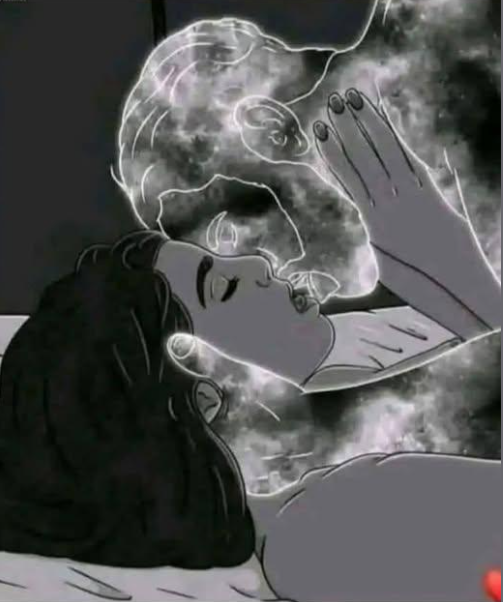Remembering the Struggles of Growing Up: When Childhood Memories Turn Uneasy
Growing up is often painted with soft pastels—bike rides at dusk, birthday cakes, school plays, and endless summers. But for many, childhood wasn’t so gentle. Behind the warm stories are memories that are heavier, harder to process, and harder to talk about. They hide in the quiet corners of our minds, only to resurface when we least expect them.
Some of the earliest lessons we learned were not taught with patience, but with shouting, silence, or neglect. There were the times when we were told to “stop crying” before we even understood why we felt hurt. Times when we were punished not just for what we did wrong, but for being children at all—too loud, too messy, too curious.
School wasn’t always a safe space either. Some recall the sting of being left out during recess, the shame of a teacher’s harsh words, or the anxiety of not understanding what everyone else seemed to grasp easily. Academic pressure, bullying, or simply not fitting in left invisible bruises that linger into adulthood.
Then there were the moments at home that didn’t match the stories our friends told. Maybe a parent worked too much, drank too much, or was emotionally distant. Maybe there was yelling behind closed doors, or tension so thick it felt like walking through fog. Even when the house was clean and the meals were warm, love wasn’t always felt.
We learned how to protect ourselves in subtle ways. We stopped asking questions. We tried to be perfect. We hid the parts of us that felt too big, too emotional, too inconvenient. We became caretakers before we were ready, peacemakers when we just wanted to be kids.
Some of us grew up fast. We worried about money, about our parents’ moods, about things no child should have to carry. We felt responsible for keeping the peace or making someone proud. We confused fear with respect and silence with strength.
And yet, there were small bright spots. A favorite teacher who noticed us. A friend who listened. A grandparent who gave the best hugs. An imaginary world we escaped to. Music, books, games, or pets that made us feel okay, even for a little while. These fragments of joy helped us survive what we couldn’t understand.
Looking back, we now realize how much we endured without the language to describe it. The confusion we felt wasn’t weakness—it was a response to an environment that didn’t meet our emotional needs. As adults, those memories may return in the form of anxiety, self-doubt, or a deep longing for safety and belonging.
But remembering is not about blaming. It’s about honoring the child who had to grow up too soon. It’s about recognizing that what happened—or didn’t happen—shaped us, but doesn’t define us forever. We begin to see our own coping mechanisms with more compassion.
We also begin to heal. We start giving ourselves the understanding we once needed. We speak more gently to ourselves. We allow feelings we once pushed down. We realize we are allowed to rest, to ask for help, to feel joy without guilt.
When childhood memories turn uneasy, it’s okay to feel the sadness, the grief, the anger. Those feelings are valid. They are part of your story, but they are not the whole story. You are not broken—you are becoming.
And in that becoming, there is hope. You can build the safety you never had. You can offer love in ways you never received. You can parent yourself with patience and kindness. You can break cycles, set boundaries, and write new chapters.
Remembering the struggles of growing up is brave. It’s not weakness—it’s strength. It’s a step toward wholeness. It’s choosing to face the past with open eyes and a healing heart.


